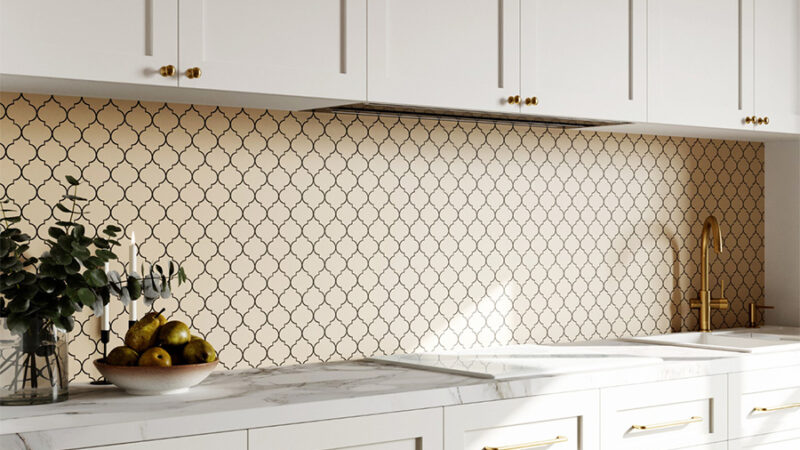End of tenancy cleaning plays a huge role in the UK rental market, when a tenant and a landlord come to this moment, a deposit is at stake. It’s a narrative known to every tenant, a tale where the cleanliness of the property wields the power to determine the outcome. In this article, we embark on a journey through the world of DIY end of tenancy cleaning, shedding light on the pitfalls that often ensnare the unprepared. We’ll navigate through the misconceptions and dilemmas of DIY versus professional services, ensuring you embark on this quest armed with the knowledge needed for a triumphant outcome.
Underestimating the Time and Effort Required
Time is important when cleaning before moving out. Don’t leave everything to the last minute. Break tasks into smaller parts and plan ahead. This way, you’ll have enough time for each task, making cleaning less stressful. It ensures the property looks great for inspection. Begin weeks in advance to alleviate stress and ensure thoroughness. Create and adhere to checklists to leave no nook or cranny untouched. Recognise that haste makes waste, and thoroughness is the key to success.
Overlooking High-Traffic Areas
Busy areas in UK rental homes see a lot of activity every day. Remember not to overlook them during your cleaning routine. Identify important high-traffic spots like hallways, kitchens, and living rooms. Giving these areas extra attention ensures your whole home feels clean and welcoming. Employ specialised cleaning techniques tailored for these areas. Implement regular maintenance strategies to reduce the end of tenancy workload. Equip yourself with the right tools and cleaning agents for different surfaces. Review your tenancy agreement for specific cleaning expectations.
Ignoring Property-Specific Cleaning Requirements
UK properties possess their unique quirks and challenges, often related to the weather and property type. It’s crucial to address UK-specific issues like dampness and mould with appropriate cleaning methods. Tailor your cleaning approach to the property type, be it a flat, detached home, or other. Recognise the distinctions between properties in urban and rural settings. Research and select effective products to combat specific problems. Seek guidance from your landlord or letting agency for property-specific expectations.
Using Incorrect Cleaning Products and Methods
The array of cleaning products and methods available to you is extensive, yet not all are appropriate for the job at hand. It’s crucial to comprehend the potential dangers associated with using strong chemicals in enclosed areas. Additionally, always ensure proper ventilation when using such products to safeguard your health and well-being. Opt for eco-friendly cleaning products readily available in the UK. Grasp the correct use of cleaning equipment to avoid surface damage. Abstain from experimenting with inappropriate cleaning methods. Delve into cost-saving alternatives, comparing DIY cleaning solutions to store-bought products.
Failing to Repair Minor Damages
In the game of wear and tear, distinguishing between minor scratches and significant damages is essential. Consider the art of discerning common wear and tear from damages requiring repair. Apply simple DIY fixes that can save you money. Familiarise yourself with UK tenancy laws regarding wear and tear. Create a basic repair toolkit for minor fixes. Know when to call upon professional help for more extensive repairs. Additionally, keep a detailed record of any repairs made during your tenancy for future reference and transparency.
Not Paying Attention to Detail
Paying attention to details is key in end of tenancy cleaning. It’s crucial to understand how important thorough cleaning is during landlord inspections. Make sure to focus on commonly overlooked spots like skirting boards, light fixtures, and switches. Also, use effective methods to clean windows and sills. Develop strategies to tackle tough stains and scuffs. Finally, aim for a clean and fresh environment after completing your cleaning journey. Taking these extra steps ensures a comprehensive clean, and welcoming atmosphere for the next tenant.
Neglecting Carpets and Upholstery
Carpets and upholstery, often found in UK homes, require dedicated attention. Consider the art of deep cleaning carpets and upholstery commonly encountered in UK rentals. Analyse renting versus buying a carpet cleaner with a cost-benefit perspective. Implement strategies for addressing pet odours and stains prevalent in pet-friendly rentals. Evaluate whether professional carpet cleaning services are needed. Establish a routine of regular vacuuming and spot cleaning to maintain their condition.
Poor Time Management
Time management, a skill revered in many aspects of life, is of the essence in end of tenancy cleaning. It’s vital to structure a cleaning schedule, adopting a room-by-room approach for clarity. Balance thorough cleaning with time efficiency, finding the sweet spot. Embrace multitasking as a tool for efficient cleaning, but not at the cost of quality. Allocate time for revisiting and touch-ups to ensure a polished result.
Inadequate Documentation and Evidence
Within the realm of UK tenancy agreements, documentation serves as your trusted companion, guaranteeing transparency and accountability. It’s essential to appreciate the significance of meticulous record-keeping within end of tenancy agreements. Be sure to capture ‘before’ and ‘after’ photographs as tangible evidence of your cleaning endeavours, solidifying your dedication to maintaining the property’s condition. Maintain receipts for purchased cleaning supplies, showcasing your investment. Create a log of cleaning activities detailing each task and its completion. Communicate effectively with your landlord throughout the cleaning process, fostering transparency. Prepare a comprehensive cleaning report for the final inspection, leaving no room for ambiguity.
Final Thoughts
As we finish our DIY end of tenancy cleaning journey, it’s vital to understand its importance. Preventing errors facilitates a smoother moving-out process and enhances the likelihood of receiving your deposit in full. While DIY cleaning can be fulfilling, don’t hesitate to seek professional assistance if necessary. If opting for professional cleaners, ensure thorough research and comparison of services to select the most suitable option for your requirements. Clearly communicate your expectations and identify any specific areas requiring attention from the cleaners. With a good plan and attention to detail, you can handle end of tenancy cleaning well. Success is up to you. Remember to leave enough time to complete the cleaning thoroughly, and don’t forget to double-check all areas before handing over the keys.







